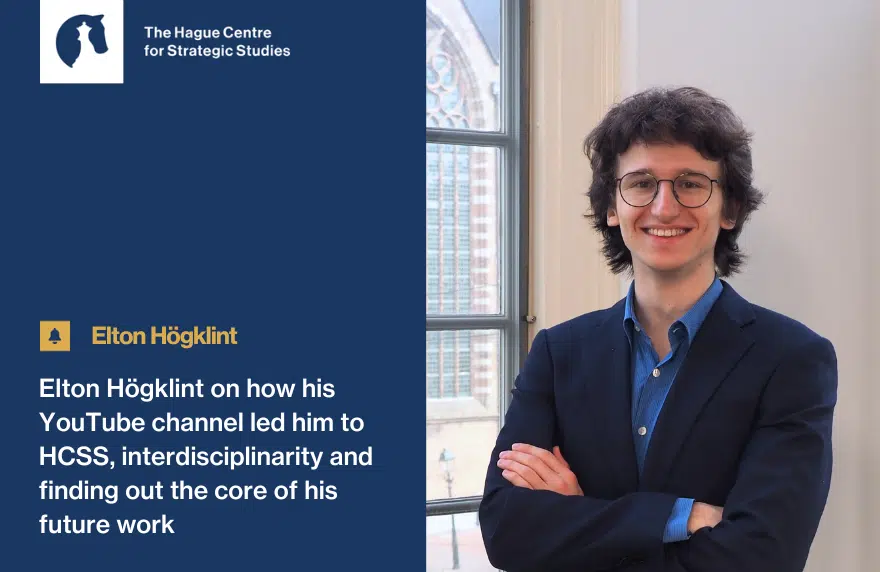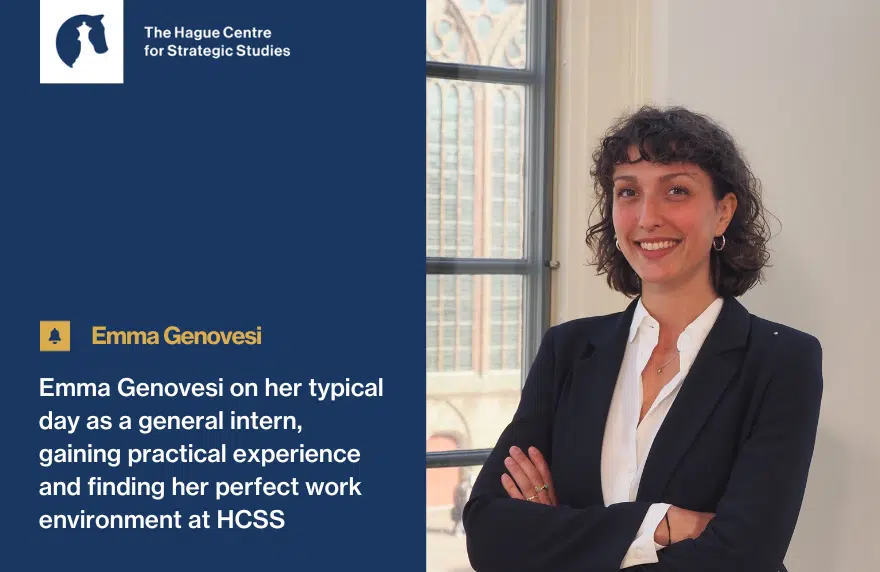Hi Elton, could you introduce yourself and tell me a bit about your background?
Hello, my name is Elton! I am originally from a small town in Sweden called Oskarshamn, but I have lived abroad for most of my life. As a result of having lived in 6 different countries, including Singapore, Spain, and Belgium, I developed a globally conscious worldview and a fascination with the international. This was further reinforced through my International Baccalaureate education, where I took a particular interest in Global Politics, Economics, and History.
Well before making a choice for my university education, my curiosity for the global world manifested itself in the creation of a YouTube channel that I started at the age of 15. My first video was a critique of an American propaganda piece about the socio-economic and political history of Denmark which was produced to influence US domestic audiences. From just this one video I was prompted to learn about history, politics, economics, education, public health, and the media environments of two countries on different continents. As a result, I quickly developed an appreciation for interdisciplinarity as I realised that just one approach to the study of society is insufficient to gain a holistic understanding. The channel developed and grew rapidly over the almost four years I ran it, gradually shifting to live-streamed content such as debates and news coverage over pre-recorded material. As a result of the connections I made through YouTube, I also had the opportunity to co-author a policy report submitted in favour of the Trans Health Equity Act in the Maryland General Assembly. The bill ended up passing, which helped thousands of trans people across Maryland access medically necessary gender-affirming care through Medicaid. By the time I moved away from YouTube and live-streaming I had studied a vast assortment of topics related to politics, economics, history, security, climate change, law, philosophy, and more.
Doing a Bachelor of Science in Sociology at the University of Amsterdam may be unorthodox for someone passionate about international relations, but it was a deliberate decision. The self-study I had done due to my personal interest and as part of my YouTube work was already quite Political Science focused and rather macro level. As such I picked Sociology in order to shore up some of my blind spots in micro level social-science, enabling a top-down and bottom-up understanding of the world. Aside from the interdisciplinarity inherent in sociology, I further cultivated my investment in it through taking honours courses in complexity science, environmental science, ethics, and python programming, and through active involvement in student associations, including founding an interdisciplinary student journal!
During my Bachelor I did a minor in Global Affairs at Leiden University, where I found out about the Advanced Master of Science in International Relations and Diplomacy which I am currently completing alongside my internship at HCSS. As a matter of fact, the Global Affairs minor is also where I found out about HCSS, as I took Professor Rob de Wijk’s course in Power Instruments!
What is the main project you have been involved in during your internship, and how did that experience help you develop professionally?
The main project I have worked on throughout my internship has been an analysis of Chinese hybrid threat activities and capabilities. Specifically, I have examined the ways in which China utilises methods such as cyberattacks, disinformation campaigns, espionage, economic coercion, infrastructure sabotage, lawfare, and political undermining to achieve its geopolitical goals. Through examining the applications of these hybrid threats in Europe and in the Indo-Pacific, my research enables the identification of patterns and trends that can guide national preparedness and heighten institutional resilience. Given the wide-ranging nature of hybrid threats, the importance of interdisciplinarity shone through again. Through a few days of subject specific background research, leveraging my generalist interdisciplinary background, and taking advantage of the great breadth of disciplinary expertise at HCSS, I learnt to functionally and conceptually understand, and fluently identify (Chinese) hybrid warfare.
This project helped me develop professionally in two key ways. Firstly, it enabled me to further strengthen my skills as a capable generalist. When working in a fast-paced environment such as HCSS, time is of the essence. As such, being able to quickly and adeptly familiarise oneself with new fields and contexts of knowledge was of critical importance for the success of the project. Researching 10+ different types of hybrid threats in over 40 diverse national contexts really refined my targeted knowledge acquisition skills. Hybrid warfare and China’s use of it is a massive field of study that one could easily spend years researching, so learning to rapidly identify the key aspects of background knowledge that are the most relevant to the goals of a specific project has made me a much more efficient and adaptable analyst.
Secondly, it gave me the opportunity to further delve into one of my greatest areas of interest (and in my opinion the defining political issue of our era): institutional integrity. It is far from just China that engages in attacks aimed at undermining institutions that are core to the well functioning of society. Other nation states such as Russia and Iran, as well as domestic anti-democratic populist and extremist groups, engage in similar practices. Of particular interest to me is disinformation and media manipulation, which makes up an ever-increasing portion of bad actors’ toolkits because of its capacity to pluck away at the very core of democracy: a well-informed public that is in tune with reality. Media diplomacy, countering Foreign Information Manipulation & Interference (FIMI), and improving the resilience of democratic institutions will be at the core of my future work.
Other projects I worked on included editing and proofreading for The Global Commission on Responsible Artificial Intelligence in the Military Domain (GC REAIM), exploring supply chain options for the Netherlands to import green hydrogen and electro-sustainable aviation fuel (e-SAF), and co-moderating lectures and Q&As for the 2025 Southern Africa – Netherlands Cyber Security School (SANCS).
What advice would you give to future interns?
The people at HCSS are truly a treasure trove of knowledge and experience for the inquisitive mind! If you are curious about anything geopolitics related or adjacent, there’s a good chance that someone at HCSS is an expert, and that they’re more than happy to sit down and talk with you about it. Some of the most interesting things I’ve learned while at HCSS have come from impromptu conversations with analysts, and it would really have been a shame to miss out on them. To give a few examples of things I’ve picked up through casual conversation, I’ve learnt about the significant differences between American and European security culture, the existing capacities for IHL and IHRL to address autonomous weapon systems, and some of the intricacies of navigating the Chinese digital environment from a cyber-security perspective.
How did your mentor contribute to your internship experience?
Tremendously. I could not have asked for a better mentor than Sofia Romansky. Aside from having completed the same Master’s I am currently undertaking, sharing similar hobbies, being incredibly knowledgeable on a wide array of important topics, and being an exceptional communicator of complex issues, she is also an immensely kind and caring person. Sofia has been essential in helping me feel at home at HCSS, and has really empowered me to make the most out of my time here with her insightful guidance, frequent feedback and persistent encouragement. I am also very thankful for my internship supervisors, Benedetta Girardi and Laura Jasper. Their clear communication, reliable approachability, constructive feedback, and supportive attitude have been key to integrating me at HCSS, and really enabled me to hit the ground running and maintain my momentum throughout the internship.
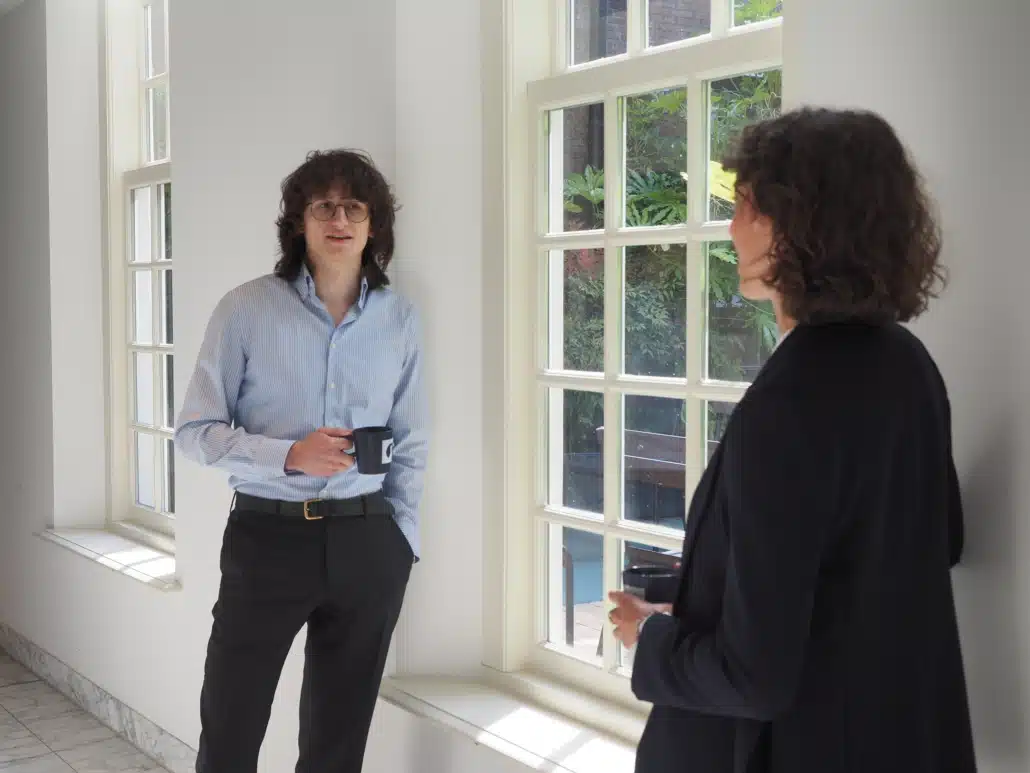
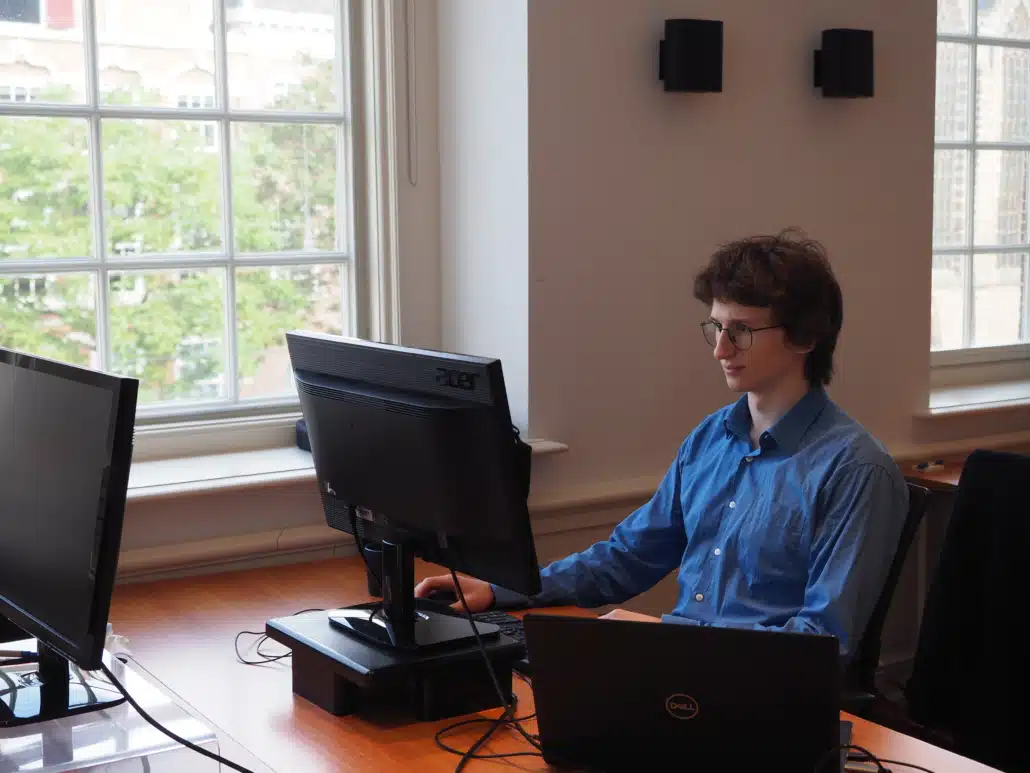
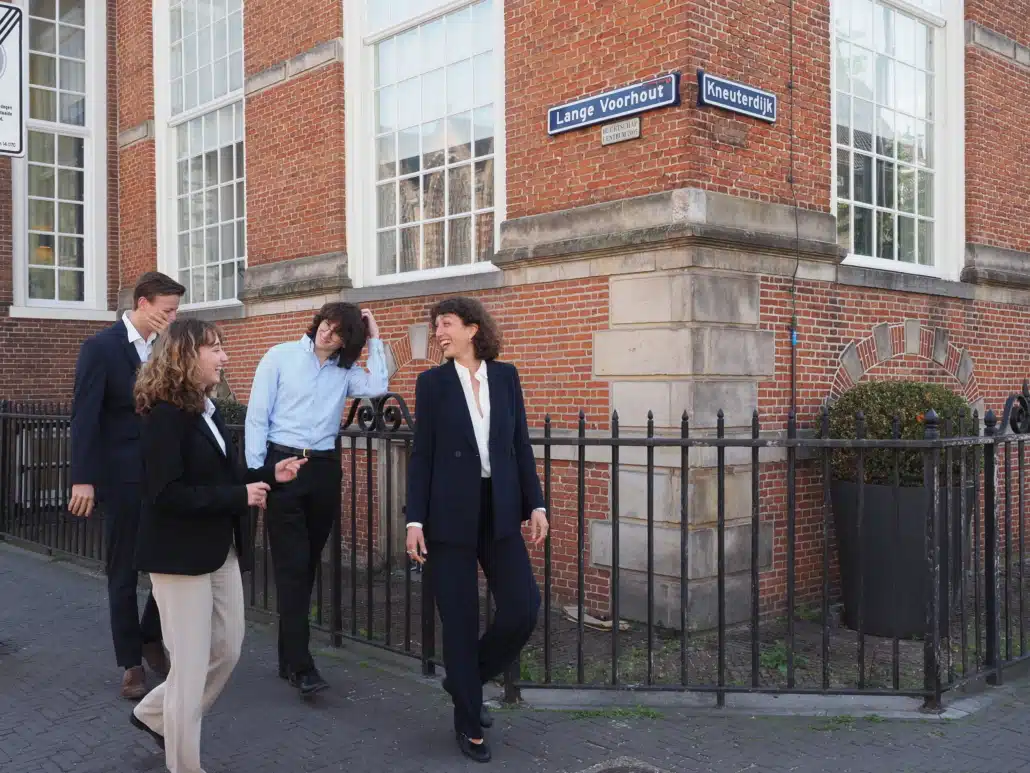
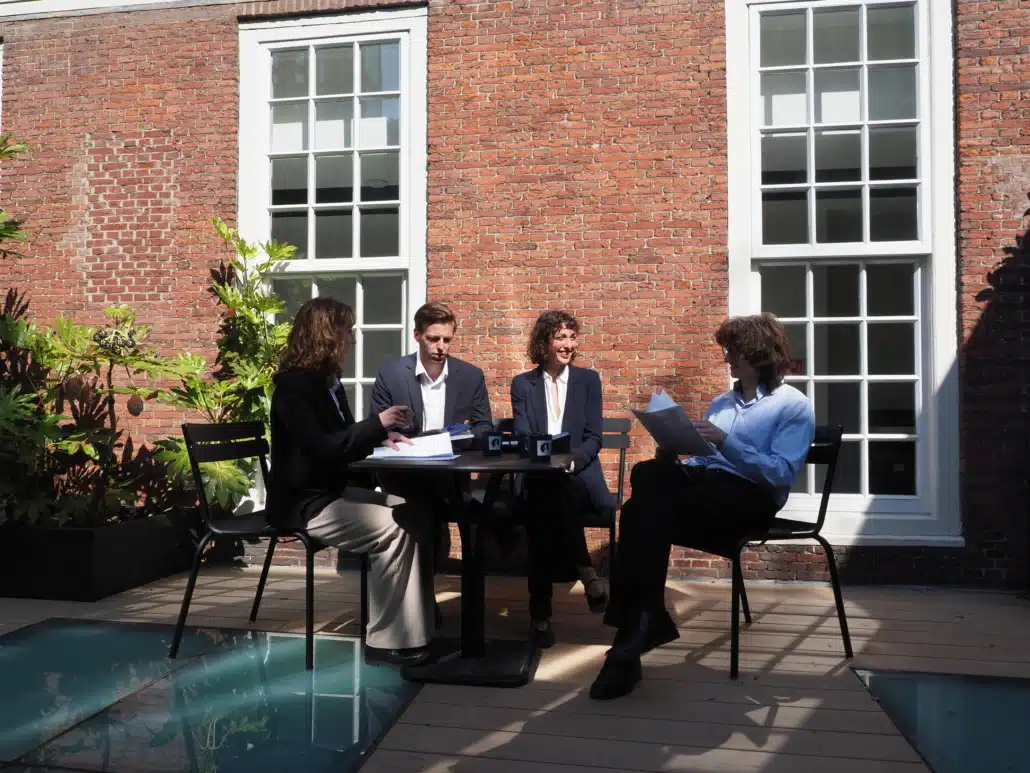
This interview was conducted by HCSS Communications & Events Officer, Stephanie Govaerts

